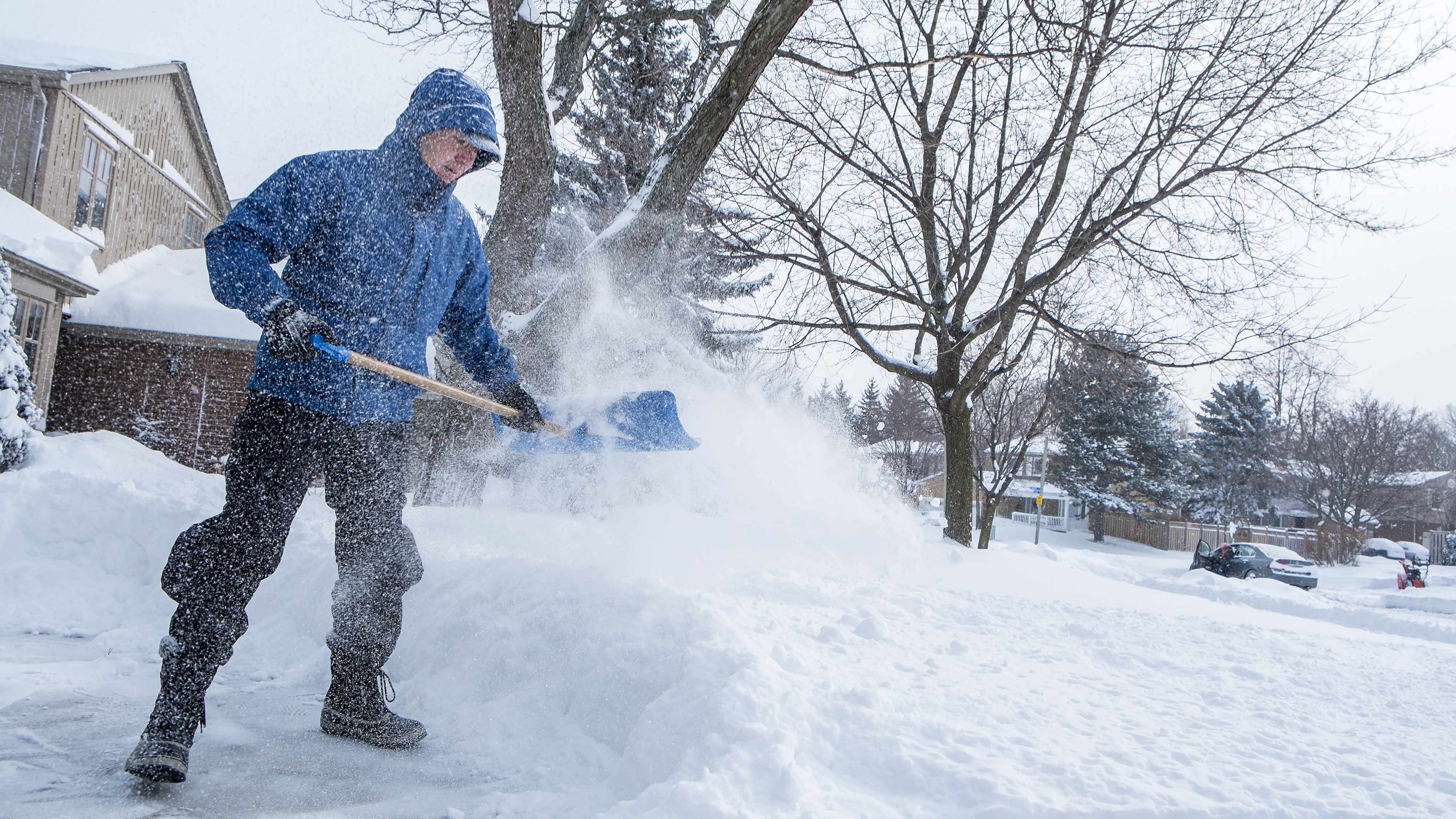The winter months can be hard on your body, both mentally and physically. The cooling temperatures and lack of sun can be winter heart health hazards. One study found that they may be a bigger cause for concern than expected.
Winter Heart Health Hazards
Scientists found that cold weather can increase a person’s risk for heart attacks, according to a study published in The BMJ in 2010. They also discovered that nearly 200 more heart attacks happened for every 1.8-degree drop in temperature.
The study shows that these statistics applied to healthy people, as well as unhealthy people. Doctors and researchers are urging for better education in regards to winter heart health hazards. Especially since during winter, there is a 30% chance that Americans will suffer a heart attack.
Extremely cold weather, like many parts of the country have been experiencing this winter, can cause blood pressure levels and heart rate to rise. Cold weather constricts blood vessels, which can narrow them too much and inhibits healthy blood flow. This increase of blood pressure may cause the potential for a heart attack to rise.
Dr. Donny Hardy from KentuckyOne Health Primary Care Associates in Berea, Kentucky said, “The winter months can put even a healthy person at risk for a heart attack or other heart health problems. To help protect yourself and those around you, be aware of the warning signs of heart attack, which include pressure, tightness or pain in the chest or arms, nausea, shortness of breath, cold sweat, lightheadedness and fatigue.”
Another Factor
Another factor for higher health risk in winter is the hormonal changes that occur. In colder temperatures, cortisone levels drop more frequently which causes blood platelets to become sticky. Because of this and cold air constricting arteries and blood vessels, clots occur more easily.
With it already being difficult to maintain body heat, activities, like shoveling the snow or exercising outside, become winter heart health hazards. The exercise will elevate your blood pressure, on top of them being narrowed due to the cold, and increase the risk of blood clots.
Added holiday stress and traveling can also take a toll on heart health. Fussing over travel, decorations, and parties tack on stress and increase blood pressure. This could lead to a higher risk of a heart attack.
Overeating and drinking is a common tale during the holidays, too. Eating foods high in fat, salt, and cholesterol put your heart at risk. Excess alcohol also raises blood pressure levels.
Conclusion
Hardy stated, “Many people let their health take a backseat during the winter, but it’s actually even more important to ensure your heart is healthy during the colder months. Try to maintain a healthy lifestyle throughout the holiday season, and talk to your primary care provider about ways to protect your heart during the colder months.”
If you want to protect your heart against winter heart health hazards, take L-Arginine Plus daily. It will help increase blood flow and open up blood vessels and arteries! L-Arginine Plus can help you to reduce your risk of heart disease and heart attacks all year long.
Resource

